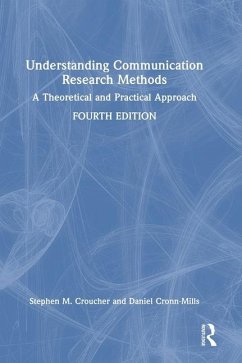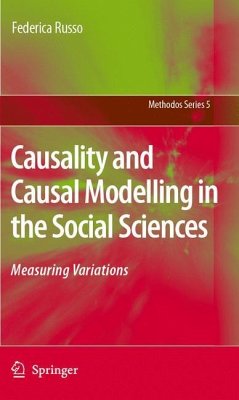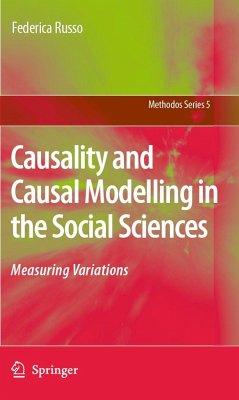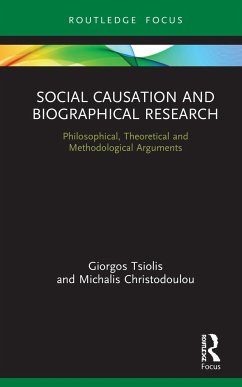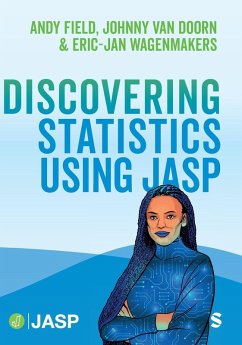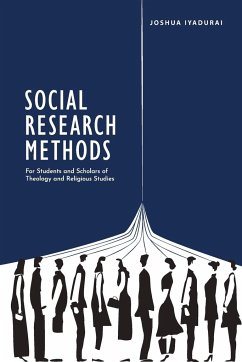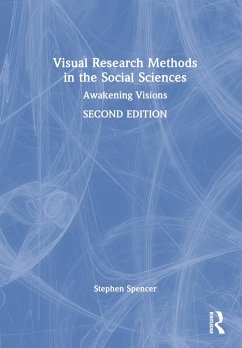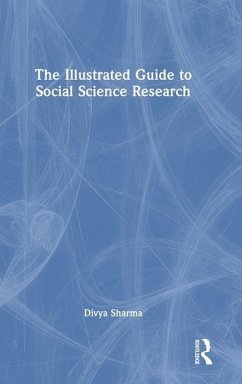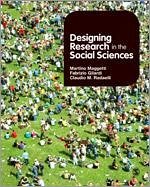
Evidential Pluralism in the Social Sciences
Versandkostenfrei!
Versandfertig in 1-2 Wochen
167,99 €
inkl. MwSt.
Weitere Ausgaben:

PAYBACK Punkte
84 °P sammeln!
This volume contends that Evidential Pluralism-an account of the epistemology of causation, which maintains that in order to establish a causal claim one needs to establish the existence of a correlation and the existence of a mechanism-can be fruitfully applied to the social sciences. Through case studies in sociology, economics, political science and law, it advances new philosophical foundations for causal enquiry in the social sciences. The book provides an account of how to establish and evaluate causal claims and it offers a new way of thinking about evidence-based policy, basic social s...
This volume contends that Evidential Pluralism-an account of the epistemology of causation, which maintains that in order to establish a causal claim one needs to establish the existence of a correlation and the existence of a mechanism-can be fruitfully applied to the social sciences. Through case studies in sociology, economics, political science and law, it advances new philosophical foundations for causal enquiry in the social sciences. The book provides an account of how to establish and evaluate causal claims and it offers a new way of thinking about evidence-based policy, basic social science research and mixed methods research. As such, it will appeal to scholars with interests in social science research and methodology, the philosophy of science and evidence-based policy.




